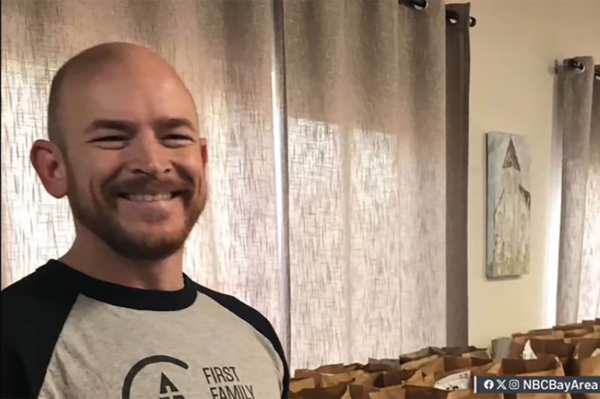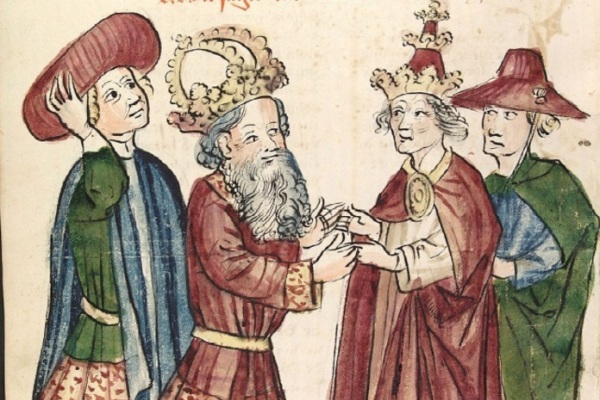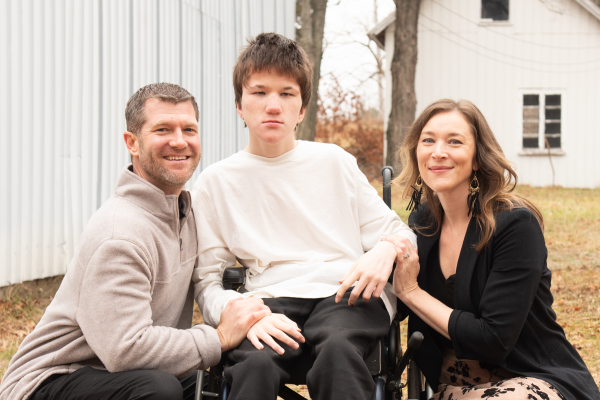Dr. Carson Wants to Heal, Unite Americans; Can We Trust a Brain Surgeon to Lead Our Nation?

Physicians from North Carolina, along with some from around the country who were in Raleigh for a meeting, had a unique opportunity to chat with Dr. Ben Carson last week. We heard some original ideas—and some facts that all presidential candidates should be talking about but apparently don't dare.
It's not just the $18 trillion national debt, he says—but the 10 times greater load of unfunded liabilities—promises the federal government has made but cannot possibly raise the revenue to fulfill.
The federal government can't solve our problems, including poverty and social unrest. Only Americans, working together, can do that. After all, the government has already spent $22 trillion on the War on Poverty, and only made the problem worse. We need to remember how America got to be the most prosperous nation in history in the first place.
A huge amount of American money and industry is abroad, and would like to come home. What's stopping it? The highest corporate tax rate in the world, and a crushing load of counterproductive regulation, Carson states.
Medicaid is bankrupting the states, and people still aren't getting care. Carson suggests that the federal government block grant 80 percent of the amount it now spends on Medicaid to the states, and get out of the way. He notes that if you divide the total amount spent on Medicaid by the number of recipients, you get $5,000 per person. How about putting it into a health savings account and allowing people to decide how to spend it? They could even use it to pay for medical care for a family member, helping to keep families together.
He said he was not proposing this for all, but suggesting it as one idea states might consider. He notes that some will argue that people can't be trusted to spend wisely. The same argument was made for food stamps: people would spend it all on porterhouse steak the first week and have nothing left for the rest of the month. This did not happen.
When he meets people in places like airports, some may question his opposition to ObamaCare. "Why don't you want poor people to get healthcare?" The federal government can't give people care; ObamaCare forces people into government-mandated plans. People, not government, should be in control of their medical spending.
The situation is similar with education, he states. People are forced into a failing school system. What they need is freedom of choice. Only with competition can we expect schools to improve.
Carson has a very upbeat view of the abilities of Americans. He cites successful programs that teach basic skills and have expectations. Some 70 percent of participants have gotten off the welfare rolls and into employment, and most students in such programs graduate from high school and even go on to college.
Carson claims no expertise in military affairs. He believes it is the job of the commander-in-chief to decide on the mission—but not to micromanage the operation. He strongly believes in the American tradition of not leaving anyone behind. At Benghazi, the soldiers who fought valiantly to protect the embassy so that many could escape surely thought that help was on the way. But they were betrayed.
I can see Dr. Carson dealing with patients—calmly, honestly, realistically, and empathetically. A politician he is not. He lacks the vast experience in corruption, double-dealing, and false promises that may be needed to succeed in American politics.
Do we want that kind of experience? Or should we pick someone you could trust to operate on your brain?






















